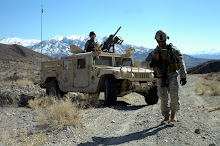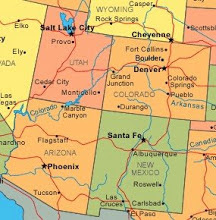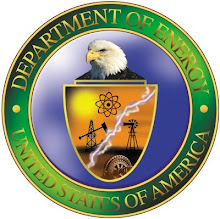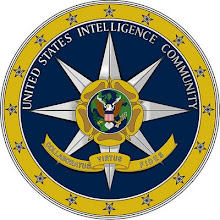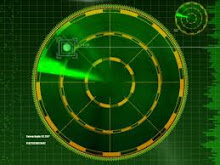By Steve
Hammons
Friday, September 21, 2012
UFO security challenges affect human race
Is it
time for the general public in the U.S. and internationally to increase
understanding and preparedness about UFOs and extraterrestrial activities
affecting Earth and human civilization?
Absolute
secrecy on this topic seems to be transforming into the sharing of information
and knowledge about extraterrestrial spacecraft and the intelligent beings
involved.
From
Brazil to Belgium, from Canada to China, and around our planet, more
information is emerging that further educates and orients us about what could
be going on. Fact-finding about UFOs continues to make significant progress, or
so it seems. These efforts have probably led to better understanding about the
situation.
People
with backgrounds in defense and intelligence, scientists from different fields,
researchers of various kinds, journalism and creative media professionals,
school kids and those and those who’ve been around a while seem to be feeling
that the UFO situation is something significant.
NEED TO
KNOW, OR NOT KNOW
Here in
the U.S., indications may ring true about ancient Native Americans in North
America having also encountered UFOs and various kinds of unusual phenomena.
This idea may help us feel grounded and rooted when thinking about
extraterrestrial and/or inter-dimensional visitors zipping around the skies or
on the ground, and doing mysterious things.
In the
World War II era, the U.S. Army’s Interplanetary Phenomena Unit (IPU) investigated
“foo fighters” and other reports of unusual flying objects.
In
1947, the Roswell crash allegedly triggered the creation of a top-secret group
of scientists and defense leaders called Majestic-12.
And in
1952, the U.S. Air Force’s Project BLUE BOOK was launched from Wright-Patterson
Air Force Base in southwestern Ohio.
The “need
to know” secrecy and security concept that was in place during WWII continued
as an accepted practice when dealing with certain sensitive topics. Yet, that
concept is one that can be interpreted in various ways and includes the discretionary
decisions by those within a “compartmented” circle of information and/or
understanding.
The
saying, “Don’t tell me what I don’t want to know” can also hit home.
Journalists
and those in other areas of the media have explored the UFO phenomena with
mixed success. Steven Spielberg’s classic films on the subject certainly seem
to have transformed our viewpoints about several aspects of extraterrestrial encounters.
Many
news media professionals have done a good job reporting on significant
developments involving UFOs and the many interesting details about them. At
times, these journalists may have even bumped into security restrictions or intelligence insights.
EMERGING
HUMAN CONSCIOUSNESS
If we
have learned anything from the experiences of researchers involved with Project
STAR GATE (the U.S. government research program on human consciousness) it is
that our awareness and perception can be quite robust and surprising. Our
understanding about interesting phenomena can be both limited at times and
deeply comprehensive at other times.
Many
UFO cases and much of the extensive research into them clearly point to a situation
that we would probably be wise to pay attention to. For those who are
open-minded enough to honestly look at the credible and reliable evidence available,
the implications seem to be significant.
What
knowledge might friendly advanced civilizations share with us? Do they have
the ability to help us in medical science, technologies of various kinds and
deeper understanding of Nature and ourselves? Can they help us humans and other
living things on Earth? Do they have insight about healing this planet?
What
about the scenarios that warn about unfriendly groups of beings
from elsewhere? Maybe it is intelligent to be concerned about and prepared for
such a possibility.
How
will different human cultures stay true to their roots and traditions
if we find ourselves in a Universe of many intelligent beings and advanced civilizations,
friendly or unfriendly? Humans on Earth may now be prepared to answer, or at
least think about these kinds of questions.
Advances
in the understanding of human consciousness can help us deal with everyday challenges
and the bigger picture. That’s why it might be helpful to see what we can learn
from Project STAR GATE research. The ideas of “transcendent warfare” and “transcendent
power” are probably helpful. “Integrative perception” and “complementary
cognition” may also be useful concepts when looking at human consciousness.
When it
comes to Earth humans interacting with visitors from elsewhere, we will
probably need all the resources and assets we can pull together. National
security and global security will need to be addressed. Public health and
safety are also very important concerns.
And, we
may need to accept the fact that some elements of the situation will remain mysterious.
That may just be the nature of things.
Subscribe to:
Comments (Atom)
































































